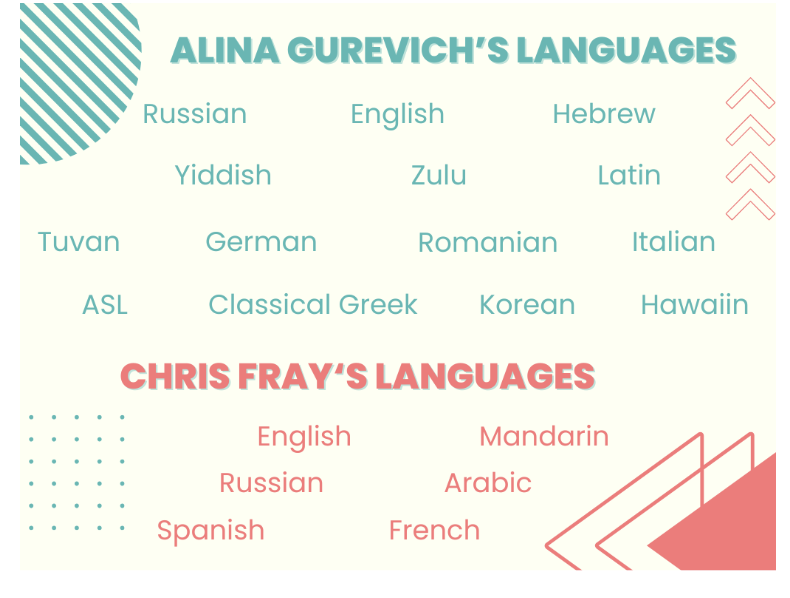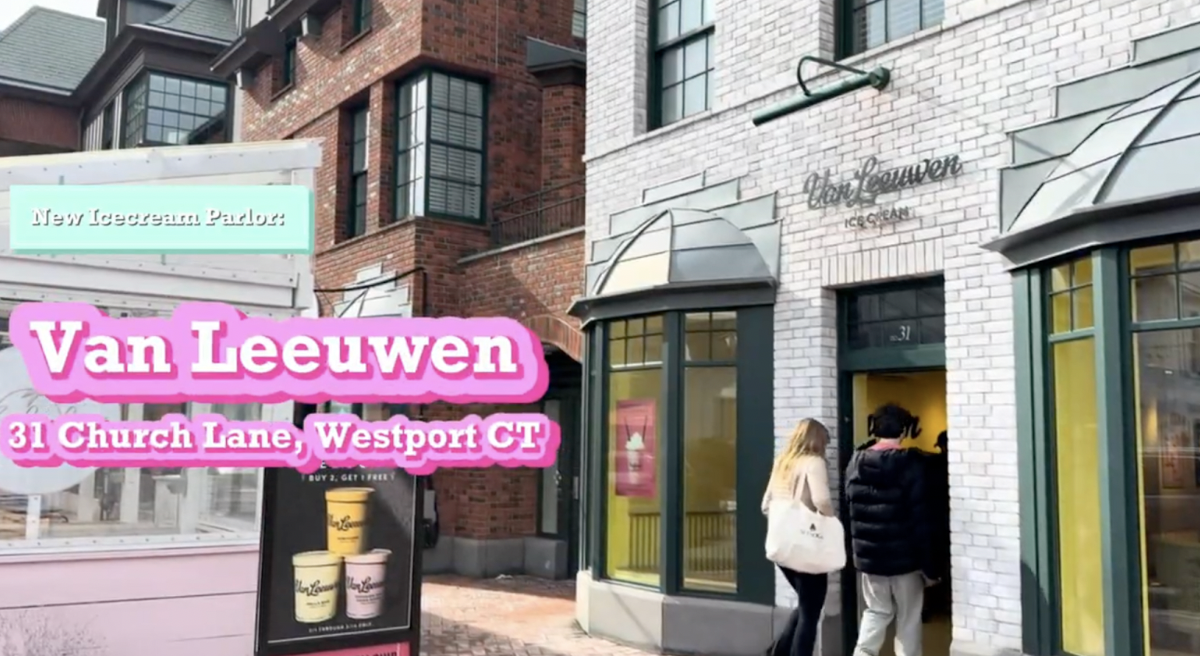By Claire Dinshaw ’17 Editor-in-Chief and Becky Hoving ’17 Managing Editor
President Obama is attempting to cut all federal funding for abstinence-only sex education by removing a $10 million per year grant that supports these programs in his 2017 proposed federal budget.
“Congress has already spent over $2 billion in taxpayer money on ineffective, abstinence-only sex education,” Connecticut Senator Chris Murphy said in an email interview. “I think that’s wrong.”
In Westport, sex education is not taught using the abstinence-only approach, but the K-12 director for health and physical education, David Gusitch, said that abstinence is still covered in the curriculum.
“We certainly believe that the only way to stay 100 percent safe is abstinence,” Gusitch said. “We don’t waiver from that. That is the message that is clear and consistent.”
Staples health teacher Kelly Shamas emphasized that, while abstinence is the “safest” and most “age-appropriate,” method of avoiding STIs and pregnancy, the health curriculum takes an “all-encompassing approach” by covering abstinence, sexually transmitted infections, sexual harassment, sexual consent, gender and sexuality.
Despite this, some students claim there are still serious errors in Staples’ sex education curriculum.
“Sex-Ed always ended with ‘but remember, abstinence is the only way to prevent pregnancy and STIs, which always bothered me and seemed unnecessary,” Katherine Weinschenk ’17 said. “It seemed almost robotic.”
Al Venacchio, sex-positive advocate and sex-educator, takes issue with this automatic response.
“Being sex-positive means seeing human sexuality as a force for good in the world,” Vernacchio, who authored “For Goodness Sex: Changing the Way We Talk to Teens About Sexuality, Values, and Health,” said. “Too often people consider sexuality to be an evil or dangerous force—one that needs to be vigorously controlled or else it will result in disastrous consequences.”
Instead, Vernacchio chooses to see human sexuality as a “gift,” and he incorporates this viewpoint into his teaching. He teaches students “how to enjoy, respect and value their bodies, their minds, their emotions and their relationships” and accepts sex as a natural human tendency, so long as it is safe and explicitly consensual.
However, not everyone agrees with this approach.
“This sex positive way is encouraging sex more, which is not necessarily what you want to be doing with high school students,” Natalie Chun ’17 said.
Chun does not see Staples’ current style of sex education as necessarily linked to forms of negativity.
“It’s not shaming, it’s just accepting that it is there and helping with it,” Chun said. “Like when they talk about drinking—they are not shaming you for drinking; they are telling you how to drink safely.”
However, Elizabeth Meadows, the co-chair of the sex education advisory board for Mount Pleasant Schools in Michigan, believes focusing too much on the risks associated with sex can be detrimental.
“If they’re learning that, sure, people do have sex, and not just when they’re married, and you don’t have to, but you might want to[…], they’re much more empowered,” Meadows said, “and a lot less likely to act impulsively, or to act in riskier ways, or to feel ashamed and awful about themselves.”











































